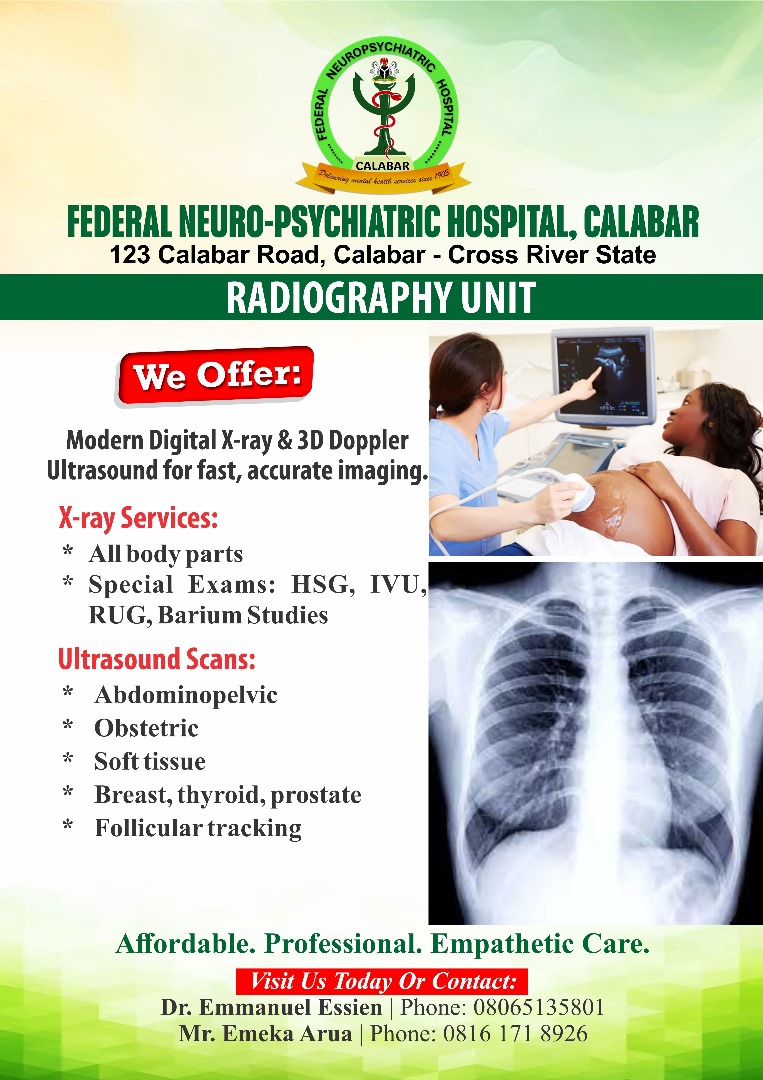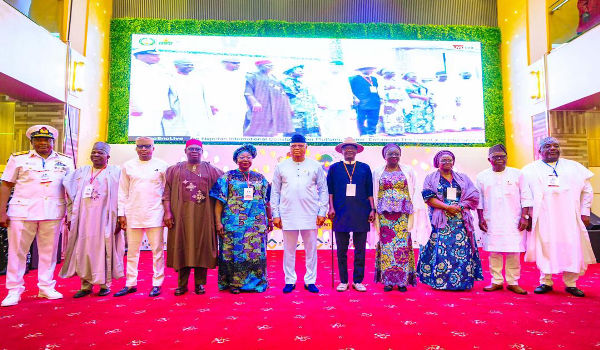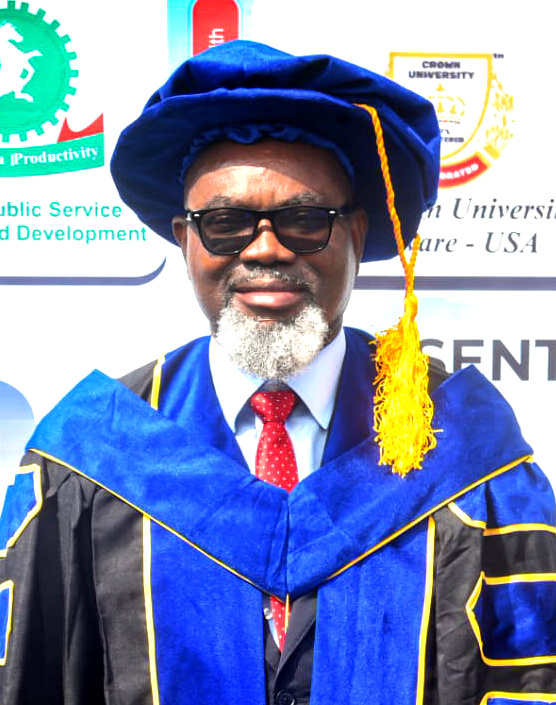In an era of rapid technological evolution, few legal experts are as uniquely positioned as Cybel Ekpa, a rising leader in technology and space law. With a formidable background spanning intellectual property, healthcare management, and national security, Ekpa is a true innovator at the intersection of law and technology. She spoke with PillarToday on her journey and the future of law.
Q: Your career spans some fascinating and diverse fields. How did your experience with the Nigerian Intelligence Agency (NIA) shape your perspective on the interplay between law and emerging technology?
A: My work with the NIA was a formative experience. The agency is on the front lines of national cybersecurity, so my role was to create legal frameworks that were both robust and agile. It’s one thing to understand the law in a textbook; it’s another to apply it in real time to threats that didn’t exist a decade ago.
That experience taught me the importance of building legal protocols that are dynamic enough to keep pace with technological change.
Q: Tell us about Tilly. What was it like being part of the team that developed a platform to safeguard intellectual property with smart contracts and automated verification?
A: It was gratifying. The goal with Tilly was to democratize legal protection for creators. I was a
central part of the legal and innovation team, and my focus was on building the platform’s legal architecture and compliance engine. We wanted to move beyond traditional legal processes and use technology to create a system that was not only legally sound but also globally accessible and scalable. It was about making sure that anyone, anywhere, could protect their creative work with minimal friction.
Q: You have a unique, hands-on background managing biohacking machines. How has that experience at an integrative wellness clinic like Tavicare informed your approach to regulatory compliance?
A: That experience was crucial because it exposed me to a legal gray area. Ozone therapy and electromagnetic body sculpting often operate in a developing regulatory space. My job at Tavicare was to ensure we were compliant and set a high standard for patient safety and data privacy. It gave me a deep appreciation for the need to build responsible legal frameworks from the ground up, especially in fields like digital health where innovation often outpaces regulation.
Q: Your work on legal-tech integration earned you and your team a Tech Star Award. What do you think that award says about the direction of the legal industry?
The Tech Star Award was a tremendous honor. It validates the idea that the future of law lies in its ability to be integrated with technology. The award celebrates our efforts to automate compliance and empower creators, demonstrating that legal knowledge can be translated into accessible, real-time protection. It’s a clear signal that the industry recognizes innovation’s power to make the law more effective and equitable.
Q: You’re co-authoring a policy white paper on a multilateral legal mechanism for sharing space-based medical technologies. What drives you to work at the intersection of space law and global health?
A: The mission behind that paper is deeply personal to me. As space exploration progresses, it will yield incredible medical innovations. The question is, how do we ensure these breakthroughs benefit everyone, not just a few?
Our white paper proposes a new legal mechanism to share these technologies with the Global South. It’s about ensuring that the future of space is not just about exploration but also about global cooperation and ethical responsibility.
Q: What is your most important lesson on your journey, and what’s next for you?
I’ve learned that the most impactful work happens at the intersection of different fields. My passion is building bridges, whether it’s law and technology, health and space, or developed and developing countries. As for what’s next, I’ll continue to advocate for a legal ecosystem that is proactive rather than reactive, one that isn’t just responding to the future, but actively writing it.











